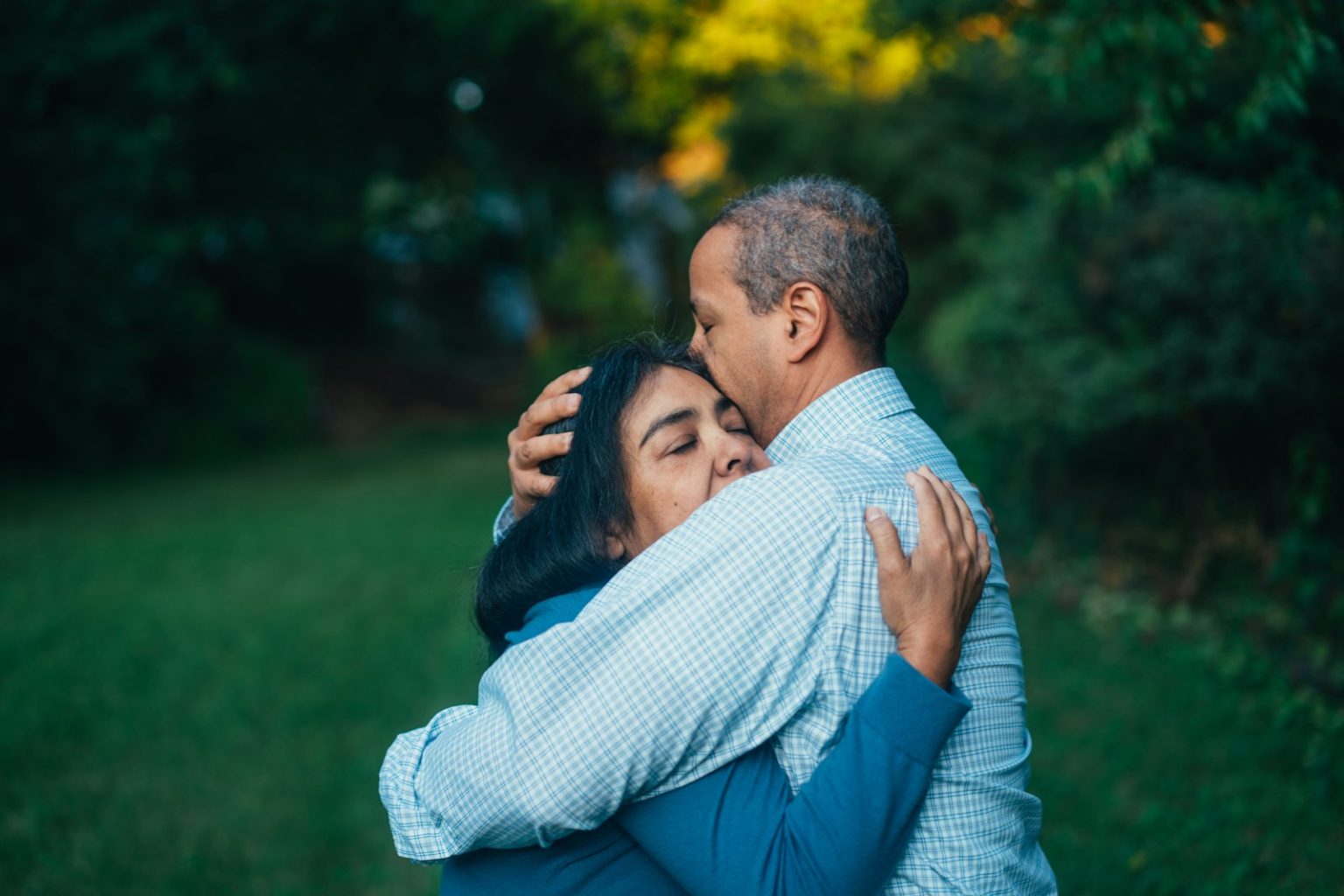The ego is a powerful force within us. It demands to be right. It insists on feeling justified. It hungers for moral superiority. When someone hurts us, our ego immediately steps in with a protective narrative: “I would never do what you did.” This self-protective mechanism feels good in the moment—it creates a sense of righteousness that seems to shield us from pain.
But here’s what’s really happening: while you’re busy feeling superior to the person who wronged you, you’re actually poisoning yourself. That righteousness you feel? It’s not empowerment—it’s a prison of your own making.
The Hidden Cost of Holding On
When we refuse to forgive, we remain tethered to past wounds. Our hearts stay closed, and we carry the weight of old pain into every new experience. I’ve seen this pattern repeatedly in my work with clients—they believe they’re punishing the wrongdoer by withholding forgiveness, but they’re actually punishing themselves.
The most damaging aspect of this pattern is how we make our healing conditional. We tell ourselves, “I’ll let this go when they acknowledge what they did,” or “I’ll forgive when they apologize properly.” This approach gives away all your power. You’re essentially saying that your well-being depends on someone else’s actions or awareness.
Consider what this costs you:
- Mental energy spent replaying past hurts
- Emotional capacity wasted on resentment
- Physical health compromised by stress hormones
- New relationships tainted by old wounds
- Present moments stolen by past grievances
Each of these represents life force that could be directed toward your growth, joy, and future. Instead, your ego keeps you locked in a cycle of pain that serves no one—least of all yourself.
Forgiveness as Self-Liberation
The breakthrough comes when you realize that forgiveness isn’t about the other person at all. It’s about your freedom. It’s about putting down a burden you’ve been carrying for far too long.
Forgive because you want to offload the heavy burden of your own ego.
This perspective shifts everything. No longer are you waiting for someone else to make things right. No longer are you tied to whether they “deserve” forgiveness. Their worthiness becomes completely irrelevant to your healing process.
When I guide people through forgiveness work, I don’t focus on generating warm feelings toward those who hurt them. Instead, I help them see how their attachment to being right is keeping them stuck. The question becomes: Would you rather be right or be free?
The Practice of Letting Go
Forgiveness is not a one-time event but a practice. It begins with the willingness to question your ego’s stories. When you catch yourself thinking “I would never,” pause and ask what need that thought is serving. Is it protecting you, or is it keeping you trapped?
Next, recognize that forgiveness doesn’t require reconciliation. You can release your resentment without resuming a relationship with someone who’s unsafe or unhealthy for you. Boundaries and forgiveness can—and often should—coexist.
Finally, practice self-compassion throughout this process. Forgiveness work is challenging because it requires us to confront our own pain and pride. Be gentle with yourself as you navigate this territory.
The most powerful forgiveness happens when you stop waiting for external validation of your pain. Your hurt is real whether others acknowledge it or not. Your healing is possible whether others participate or not. When you truly understand this, you reclaim your power from those who hurt you.
I’ve witnessed remarkable transformations in people who embrace this approach to forgiveness. Their energy shifts. Their faces soften. They report feeling lighter, as though they’ve put down a heavy backpack they didn’t realize they were carrying.
This is the gift you give yourself when you forgive—not because others deserve it, but because you deserve peace. Your heart deserves to be open. Your future deserves to be free from the weight of the past. And that freedom begins when you recognize that your ego, not the other person, is what truly stands between you and peace.
Frequently Asked Questions
Q: Does forgiving someone mean I have to let them back into my life?
Absolutely not. Forgiveness and boundaries are separate issues. You can completely release your resentment toward someone while still recognizing that they aren’t healthy for you to be around. Forgiveness is about your internal state, not about your external relationships.
Q: How do I forgive when the other person doesn’t think they did anything wrong?
This is exactly why waiting for acknowledgment is a trap. True forgiveness happens independently of the other person’s awareness or remorse. When you make your healing dependent on someone else’s understanding, you give away your power. Focus instead on your own freedom from resentment.
Q: Is it normal to have to forgive the same hurt multiple times?
Yes, especially for deeper wounds. Forgiveness is often a process rather than a one-time event. You might find yourself needing to release the same hurt repeatedly as new layers of the pain surface. Each time you practice forgiveness, you’re strengthening your capacity for emotional freedom.
Q: How can I tell if I’m genuinely forgiving or just pretending to?
Genuine forgiveness brings a sense of lightness and peace when you think about the situation or person. You’ll notice you can recall what happened without the emotional charge it once carried. False forgiveness often involves saying the words while still harboring resentment or frequently bringing up the past hurt.
Q: What if I’m not ready to forgive yet?
Honor where you are in your process. Forcing forgiveness before you’re ready can create more internal conflict. Start by acknowledging your pain and how holding onto it might be affecting you. Sometimes the willingness to consider forgiveness is the first step. The key is recognizing that whenever you choose to forgive, you’ll be doing it for your benefit, not theirs.







